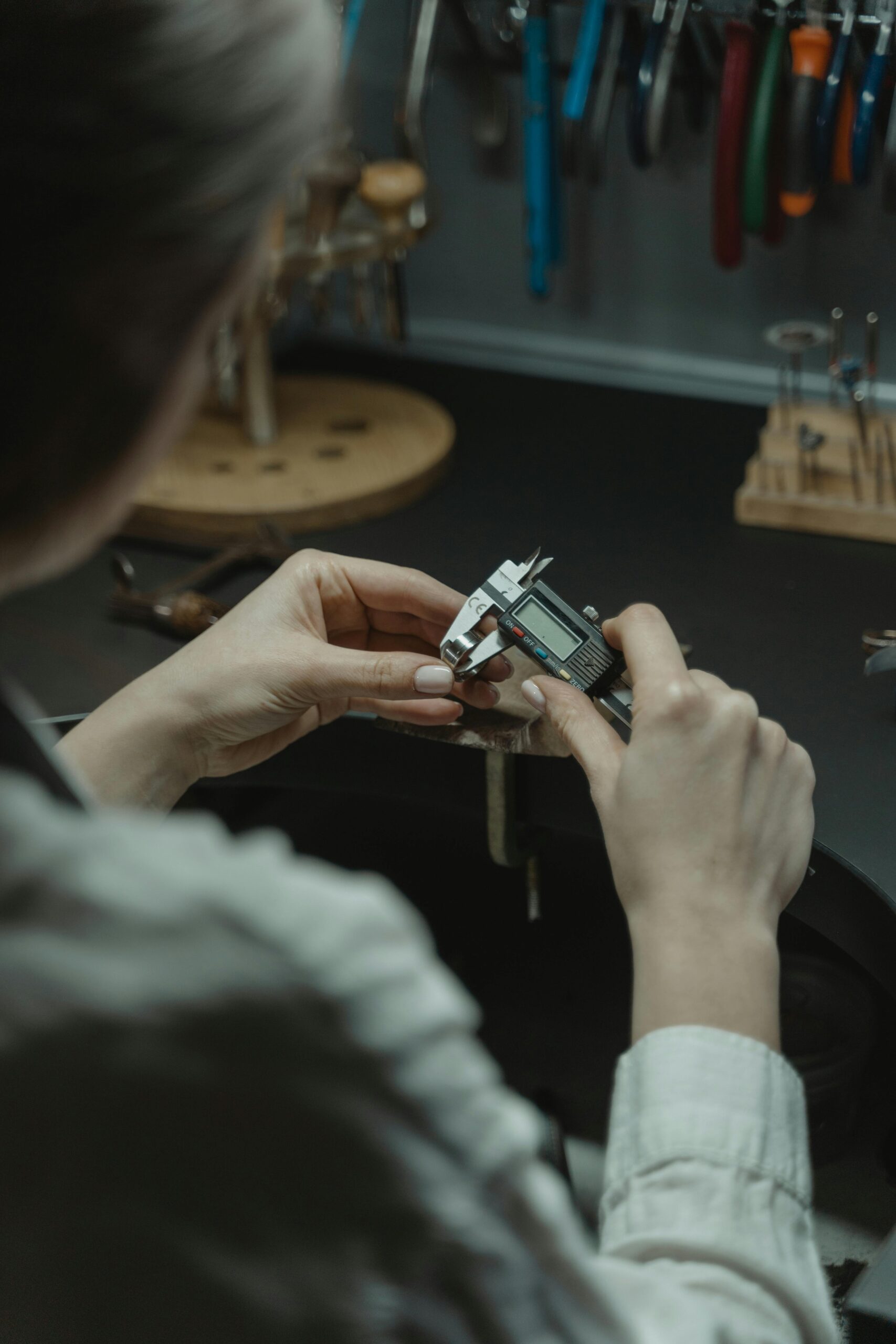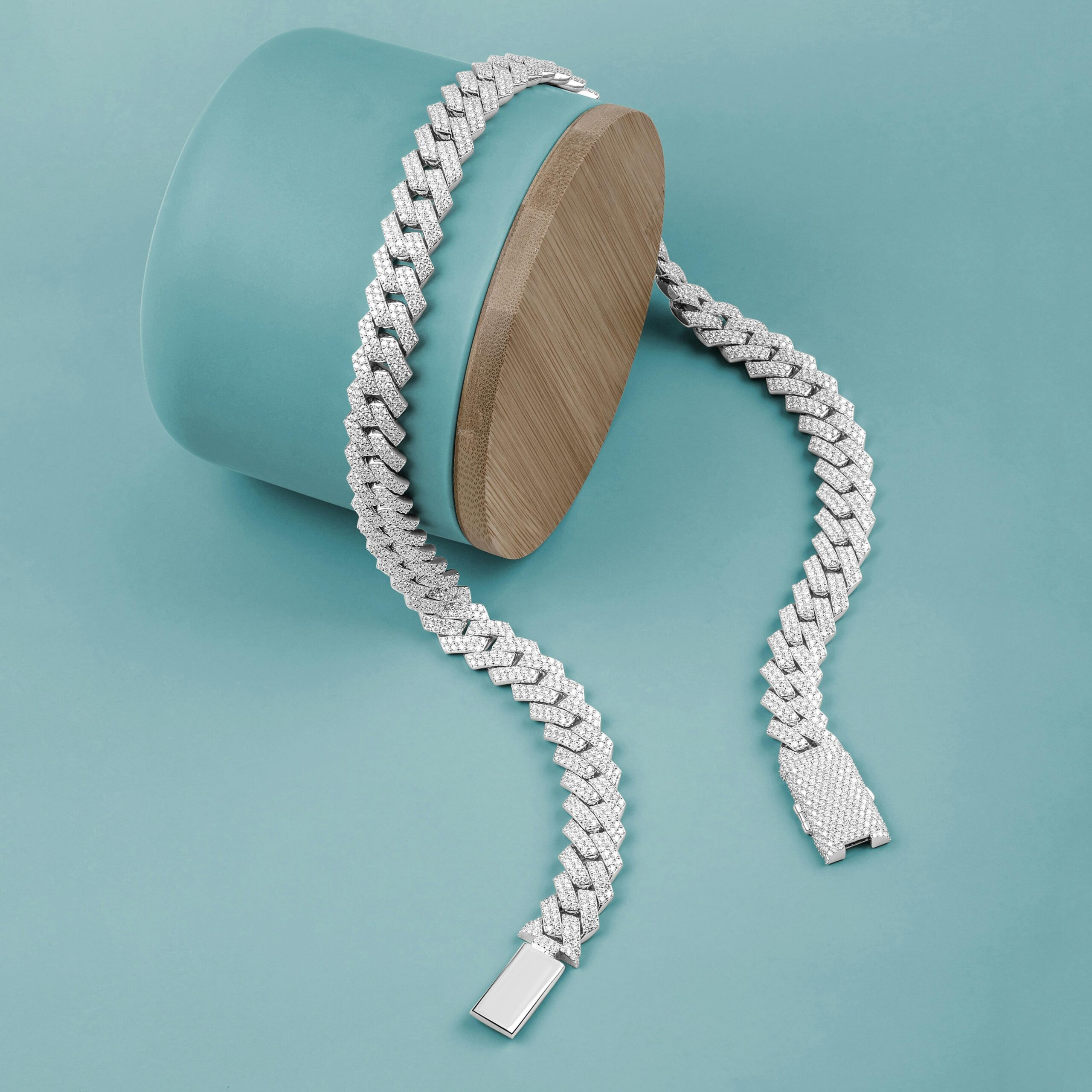In the competitive landscape of the jewelry industry, the importance of quality cannot be overstated. Retailers seeking to build a reputable brand must prioritize selecting the right custom jewelry suppliers. The quality of the jewelry directly influences customer satisfaction, brand loyalty, and ultimately, sales. This article outlines key factors retailers should consider when choosing custom jewelry suppliers to ensure they partner with the best in the industry.
1. Quality of Materials
The foundation of any exquisite piece of jewelry lies in the quality of its materials. Retailers should evaluate the materials used by potential suppliers to ensure they meet high standards.
- Gemstone Sourcing: Look for suppliers who offer ethically sourced and certified gemstones. This not only enhances the quality but also appeals to the growing demographic of socially conscious consumers.
- Metals Option: Assess the purity of metals, such as gold, silver, and platinum. The higher the purity, the better the quality of the final product.
2. Craftsmanship and Design Expertise
A supplier’s craftsmanship significantly impacts the overall quality of the jewelry. Retailers should examine the design and manufacturing processes employed by potential partners.
- Portfolio Review: Request a portfolio showcasing previous work. This provides insight into the supplier’s design capabilities and craftsmanship standards.
- Artisan Skills: Inquire about the experience and skills of the artisans involved in the production process. Highly skilled artisans are more likely to produce exceptional quality pieces.
3. Customization Capabilities
As customization remains a key trend in the jewelry market, retailers should consider suppliers’ abilities to offer tailored solutions.
- Flexibility in Design: Evaluate whether the supplier can accommodate unique design requests and changes during the production process.
- Technology Utilization: Suppliers who leverage technology, such as CAD (Computer-Aided Design) software, can offer precise customization options and enhance the overall design quality.
4. Reliability and Timeliness
Reliability is crucial in any supplier relationship. Retailers need to partner with suppliers who can consistently deliver high-quality products on time.
- Production Timelines: Discuss production timelines upfront to ensure they align with your business needs. Delays can lead to lost sales and dissatisfied customers.
- Consistent Availability: A reliable supplier should have the capacity to handle your order volume consistently, even during peak seasons.
5. Customer Service and Support
Exceptional customer service can set a supplier apart. Retailers should prioritize suppliers who demonstrate strong communication and support throughout the partnership.
- Responsiveness: Evaluate how quickly and effectively suppliers respond to inquiries. A supplier that is responsive to questions and concerns fosters a more productive partnership.
- Post-Sale Support: Consider suppliers that offer after-sales support, including warranty programs or repair services, enhancing customer satisfaction and building brand loyalty.
6. Reputation and Reviews
Researching a supplier’s reputation can provide valuable insights into their reliability and quality.
- Client Testimonials: Seek out reviews and testimonials from other retailers who have worked with the supplier. Positive feedback often indicates a trustworthy partner.
- Industry Recognition: Awards and recognitions from reputable industry organizations can further validate a supplier’s credibility and quality standards.
7. Ethical Practices
In today’s market, ethical sourcing and manufacturing practices are increasingly important to consumers. Retailers should prioritize suppliers committed to ethical standards.
- Sustainability Initiatives: Look for suppliers who adopt sustainable practices, such as minimizing waste and using eco-friendly materials.
- Fair Labor Practices: Ensure that the supplier adheres to fair labor practices, treating their workers with respect and providing safe working conditions.
Choosing the right custom jewelry supplier is a critical decision for retailers. By focusing on key factors such as material quality, craftsmanship, customization capabilities, reliability, customer service, reputation, and ethical practices, retailers can build fruitful partnerships that enhance their brand and satisfy their customers. A commitment to quality in supplier relationships not only elevates the jewelry offerings but also fortifies long-term business success in a highly competitive market.






